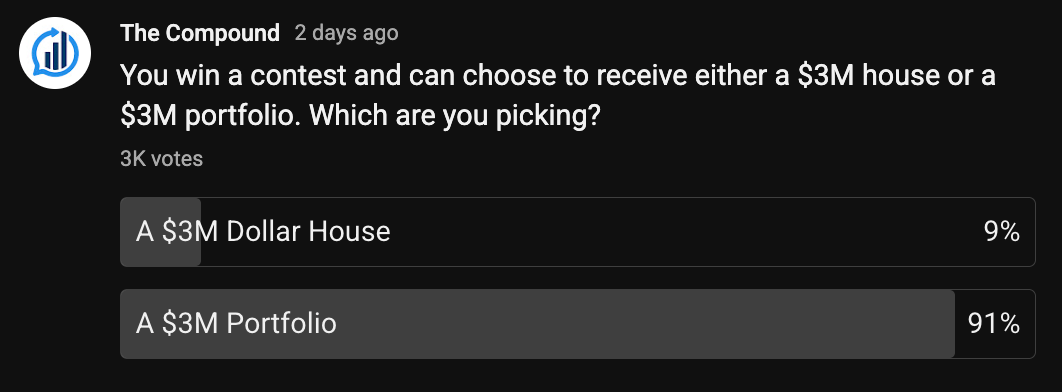Dive Brief:
- A federal judge is sending the New York attorney general’s complaint against earned wage access provider DailyPay to a state court, rejecting the fintech’s claim that it belongs in federal court. The lawsuit was formally remanded to New York Supreme Court on Tuesday, following U.S. District Judge John Koeltl’s Sept. 19 ruling.
- MoneyLion, a second EWA fintech New York Attorney General Letitia James sued separately over similar allegations in April, awaits a ruling by a second federal judge on its effort to move the case to the Southern District of New York.
- A spokesperson for New York-based DailyPay said Wednesday the company had no comment on Koeltl’s ruling, as did a New York AG spokesperson.
Dive Insight:
The lawsuits allege that both companies’ practices “constitute illegal and deceptive conduct and abusive lending practices” that violate New York usury laws. The state is seeking to end the companies’ lending practices in New York and obtain restitution for customers, along with civil penalties.
As with the DailyPay case, MoneyLion in May moved James’ lawsuit to federal court, which the AG’s office has opposed.
The state’s motion to remand the case to a New York court is awaiting a decision by U.S.
District Judge Colleen McMahon in the federal Southern District.
On Tuesday, an attorney for the AG’s office sent McMahon a copy of Koeltl’s decision in the DailyPay case, arguing that the state’s claims are similar in both lawsuits.
MoneyLion and its parent company, Gen Digital, did not respond to emails Wednesday seeking comment.
EWA providers, also known as on-demand pay services, have proliferated in recent years to let workers, mainly hourly employees, tap their earned pay before a scheduled payday. The New York AG’s complaints allege that both companies made “illegal, high-interest loans” with fees that “amount to outrageous annual interest rates in the triple digits.”
DailyPay and MoneyLion argued that New York’s use of the federal Consumer Financial Protection Act for claims of deceptive and abusive conduct against consumers implicated multiple federal questions.
In its May 15 removal brief, MoneyLion said that New York’s lawsuit raises “substantial” federal questions “justifying the exercise of federal jurisdiction.”
In his finding, Koeltl used a four-part legal assessment called the Grable-Gunn test, which arose from two U.S. Supreme Court decisions in 2005 and 2013 determining the scope of federal jurisdiction in civil cases.
The assessment for U.S. jurisdiction over a state law claim involves whether a federal issue is necessarily raised, actually disputed, substantial and capable of resolution in federal court “without disrupting the federal-state balance approved by Congress,” according to the court’s 2013 finding in Gunn v. Minton, a patent case from Texas.
“In this case, the federal issues raised are not important to the federal system as a whole,” Koeltl wrote.
He also found that “exercising jurisdiction over this action would disrupt the federal-state balance approved by Congress in the CFPA.”
Ahead of the AG’s complaint, DailyPay sued James on April 7 seeking a declaratory judgment that its services don’t constitute lending and that it hasn’t violated the Consumer Financial Protection Act or New York state laws.
Gen Digital, the parent company of several cybersecurity brands including Norton, Avast and LifeLock, completed its acquisition of MoneyLion in April for about $1 billion.
Disclaimer: This story is auto-aggregated by a computer program and has not been created or edited by finopulse.
Publisher: Source link








